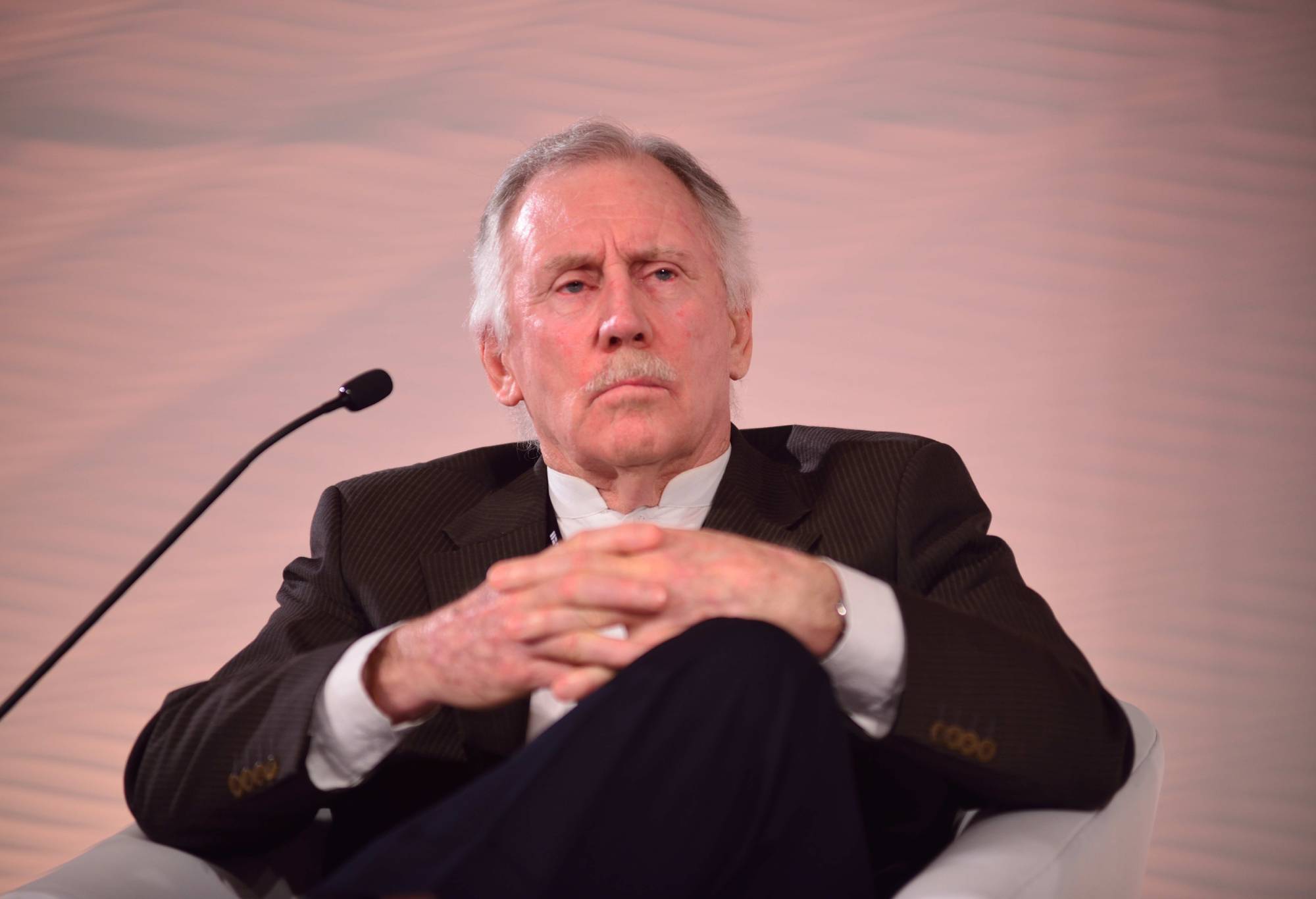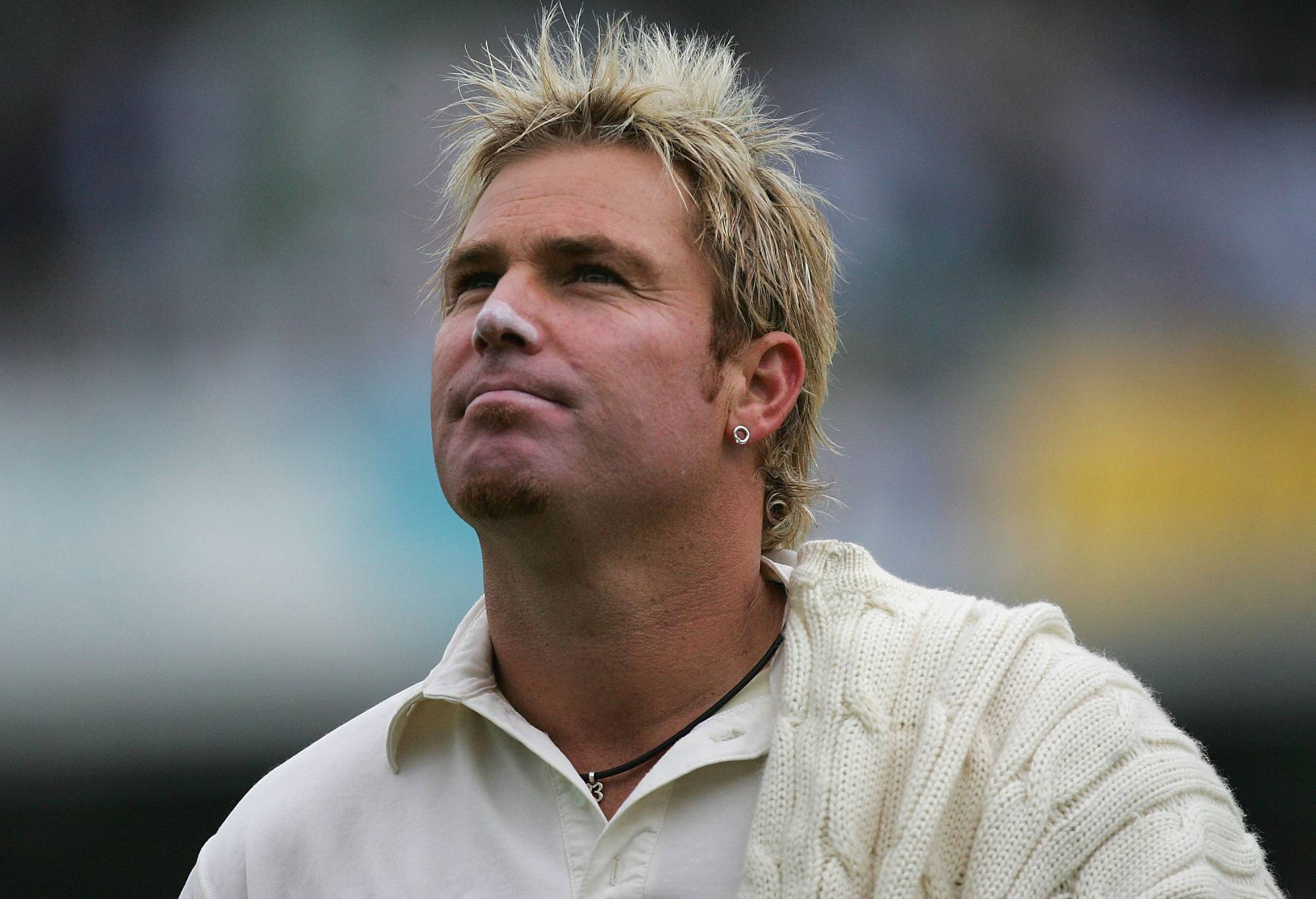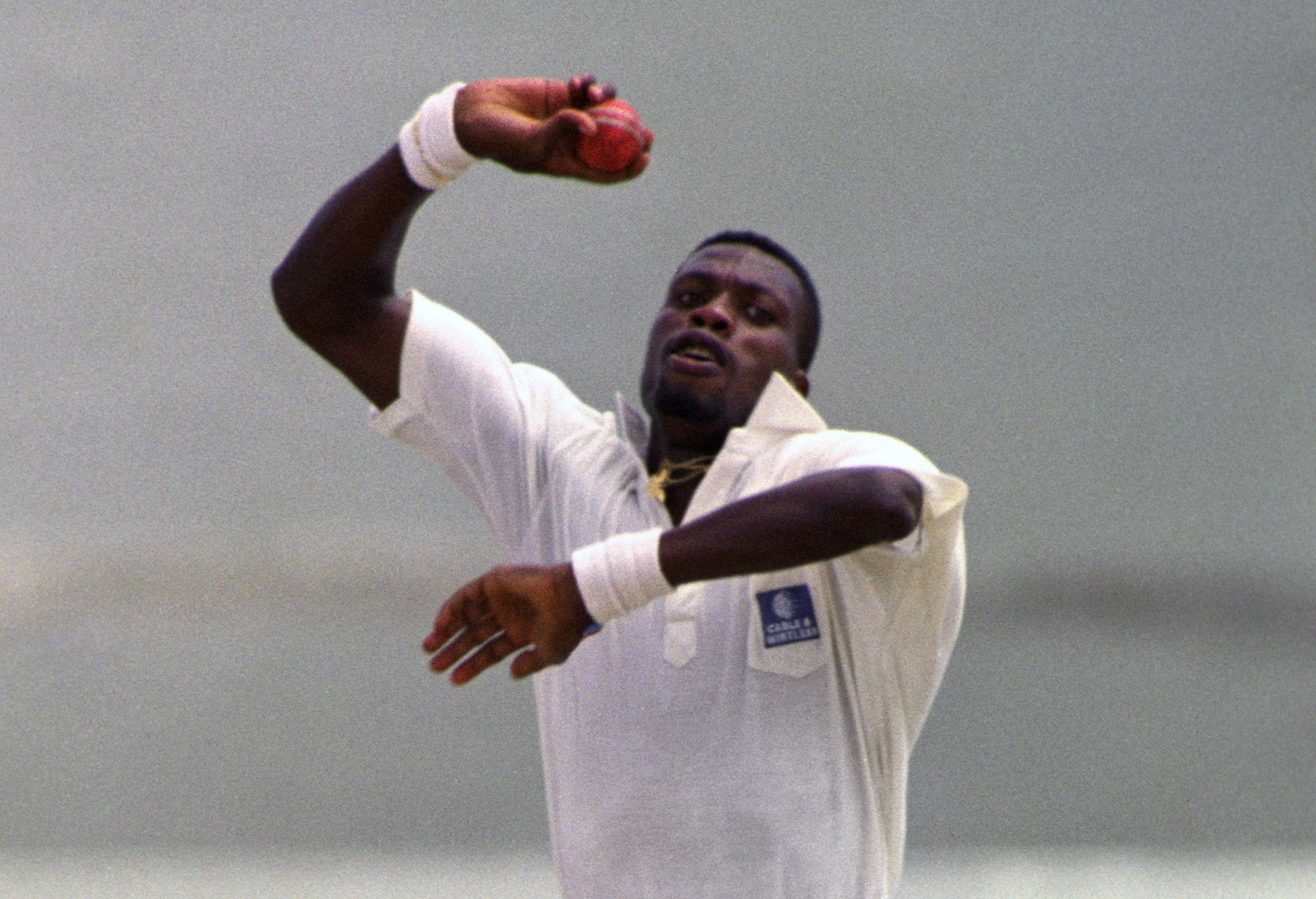While this month’s team might lack the batting strength of the August-born team of the month, a superb five-man bowling attack and outstanding captain will enable it to win its fair share of matches. The side is another strongly multinational one, with seven countries represented. And five of its members each played fewer than twenty Tests, through no fault of their own.
1. Saeed Anwar (Pakistan, born 6 September 1968)
55 Tests, 1990-2001, 4052 runs at 45.52, 11 centuries
Saeed Anwar was known for the grace of his left-handed batting, and the timing and placement of his strokeplay. Cricinfo named him in its all-time Pakistan XI in 2010.
It also recently rated an innings by him in Kolkata in 1999 as one of the best 100 ever played. In a team score of 316 he carried his bat for 188 from 259 deliveries, enabling Pakistan to win a low-scoring match against its arch-rival by just 46 runs.
Other highlights away from home included match-winning innings of 169 in Wellington in 1993/94, and 94 and 136 in Colombo in 1994, and 176 at The Oval in 1996.
2. KS Ranjitsinhji (England, born 10 September 1872)
15 Tests, 1896-1902, 989 runs at 44.95, two centuries
His Highness Jam Sahib of Nawanagar was arguably England’s finest batsman of the Golden Age. He formed a famous combination with CB Fry for Sussex and England, and is credited with perfecting the late-cut, leg-glance and back-foot defence.
Against Australia on debut at Old Trafford in 1896, he scored 62 and 154 not out. In Australia in 1897/98 he scored 457 runs at 50.77 including 175 at the SCG. He surpassed 3000 runs in the English summers of both 1899 and 1900.
He later served with Fry on the League of Nations. His nephew KS Duleepsinhji also played for England, and India’s two first-class competitions are named in their honour.

Ian Chappell. (Photo by Pradeep Gaur/Mint via Getty Images)
3. Ian Chappell (Australia, born 26 September 1943, captain)
75 Tests, 1964-1980, 5345 runs at 42.42, 14 centuries
Chappell was a great captain who never lost a series, a fine top-order batsman, and outstanding slip fieldsman. He was equally successful at home and away. He boasted both a productive hook shot against pacemen, and superb footwork against spinners.
His highest scores were 196 against Pakistan in Adelaide in 1972/73, and 192 at The Oval in 1975. In Wellington in 1973/74, he scored 145 and 121. Against New Zealand in Adelaide in the same summer, he took six catches.
In 30 matches against England he scored 2138 runs at 41.11 with four centuries, including 1111 runs at 46.29 away from home. He also averaged 77.42 in the West Indies, and 57.22 against them with five centuries.
4. Martin Crowe (New Zealand, born 22 September 1962)
77 Tests, 1982-1995, 5444 runs at 45.36, 17 centuries
Crowe was one of his country’s finest batsmen, with a wide range of strokes and classic technique. He debuted at 19 years of age, and was named in Cricinfo’s all-time New Zealand XI in 2010. At the time of his retirement, no compatriot had scored more runs or centuries.
His highest innings was a match-saving one of 299 against Sri Lanka in Wellington in 1990/91, made as captain and after his team had conceded a first-innings deficit of 323 runs. Personal highlights in victories included scores of 188 in Brisbane in 1985/86, and 140 in Harare in 1992/93.
5. Allan Steel (England, born 24 September 1858)
13 Tests, 1880-1888, 600 runs at 35.29, two centuries, 29 wickets at 20.86
Steel was an outstanding all-rounder rated by his peers as second only to WG Grace. Apart from his fine batting of which driving and fast scoring were strengths, he was a successful captain and the first prolific wrist-spin bowler.
In 1882/83, he scored 135 not out at the SCG. In 1884, an innings of 148 against Australia was the first Test century at Lord’s. In 1886, he led England to a 3-0 series victory over Australia. Previously in the English summer of 1878, he had taken 164 wickets.
6. Denis Lindsay (South Africa, born 4 September 1939)
19 Tests, 1963-1970, 1130 runs at 37.66, three centuries, 57 catches, two stumpings
Lindsay was a wicketkeeper and aggressive batsmen whose Test career was limited by South Africa’s lack of opponents, and then ended at age 30 by its complete isolation.
At home to Australia in 1966/67, he took 24 catches, and scored 606 runs at an average of 86.57 with three centuries. It is still the most runs scored in one series by a wicketkeeper.
In the series’ first game he rescued his side from a score of 5-41 with an innings of 69, and when South Africa batted a second time he scored a further 182 runs. In its third match he commenced his innings with the hosts 6-94 and scored 137.
7. Mike Procter (South Africa, born 15 September 1946)
Seven Tests, 1967-1970, 226 runs at 25.11, 41 wickets at 15.02
Procter was an all-rounder who enjoyed an all-too-brief international career as a result of his nation’s isolation when he was aged just 23. He instead starred for Gloucestershire and WSC’s World XI, and at home. In 2010 he was named in Cricinfo’s all-time South Africa XI.
He bowled with genuine pace, and a chest-on action that facilitated devastating in-swingers and yorkers. He also occasionally bowled off-spin with great success. At home to Australia, he took 15 wickets at 17.53 in 1966/67, and then 26 wickets at 13.57 in 1969/70. His 1,417 first-class wickets at 19.53 featured four hat-tricks.
With the bat, his greatest claim to fame was scoring a record six consecutive centuries for Rhodesia. In all first-class cricket he amassed 21,936 runs at 36.01, with 48 centuries. For Gloucestershire, he twice scored a century and took a hat-trick in the very same match.

Shane Warne. (Photo by Hamish Blair/Getty Images)
8. Shane Warne (Australia, born 13 September 1969, vice-captain)
145 Tests, 1992-2007, 3154 runs at 17.32, 708 wickets at 25.41
Warne is one of the greatest bowlers of all time, and Wisden named the leg-spinner as one of its “Five Cricketers of the Twentieth Century” in 2009. Cricinfo then named him in its all-time Australian XI in 2010. He was also named in all-time World XIs by both Cricinfo and Wisden, in 2010 and 2013 respectively.
In 36 matches against England, he took 195 wickets at 23.25 including five wickets in an innings 11 times and ten wickets in a match four times. His Ashes highlights included the dismissal of Mike Gatting at Old Trafford in 1993, a hat-trick at the MCG in 1994/95, and 40 wickets at 19.92 in the 2005 series.
9. Fred Spofforth (Australia, born 9 September 1853)
18 Tests, 1877-1887, 94 wickets at 18.41
Spofforth was Australia’s first great cricketer. He was fast-medium in pace, an exponent of cut and swerve, accurate, and extremely fit. He took Test cricket’s first hat-trick, and ten wickets in a match on four occasions.
His greatest performance was 7/46 and 7/44 at The Oval in 1882, when Australia dismissed England for 77 to win by just seven runs and inspire the creation of the Ashes. Cricinfo recently ranked that match-winning second-innings haul among the best 100 of all time. He had previously taken 6/4 and 5/16 against the Marylebone Cricket Club in one day, at Lord’s in 1878.
10. Curtly Ambrose (West Indies, born 21 September 1963)
98 Tests, 1988-2000, 405 wickets at 20.99
Ambrose was an intimidating fast bowler who stood six feet seven inches tall, and was capable of high pace and unplayable bounce. He was named in Cricinfo’s all-time West Indies XI in 2010. During his career he earned 14 player-of-the-match awards, and six player-of-the-series ones.
Cricinfo recently ranked his performance of 7/25 against Australia in 1992/93, which included a spell of 7/1, as the twenty-fourth best of all time. His peak ICC bowling score in 1994 is the eighth highest of all time. Other highlights included innings figures of 6/24 to help dismiss England for 46 in Trinidad in 1993/94, and 33 wickets at 16.42 in Australia in 1992/93.
11. Bishan Bedi (India, born 25 September 1946)
67 Tests, 1967-1979, 266 wickets at 28.71
Bedi was a left-arm finger-spinner with a classical action whose chief weapons included deceptive flight and loop, and changes of pace and turn. As a result he enjoyed success against all opponents and in all types of conditions.
He achieved his best match figures of 10/194 at the WACA in 1977/78. His performances in victories included innings hauls of 6/42 against New Zealand in Brabourne in 1969/70, and 6/71 against England in Bengaluru in 1976/77, and 5/37 against Australia in Delhi in 1969/70. Cricinfo recently rated the latter performance among the best 100 of all time.
Ian Chappell would lead by example, and the like-minded Warne would support him. They would occupy first and second slip respectively. The side also includes four other Test captains.
Anwar, Ranji, Crowe and Steel would bring elegance and class to the top-order. Steel claimed the final batting spot despite strong claims by the more contemporary Mohinder Amarnath, Basil Butcher, Chris Gayle, Majid Khan, Thilan Samaraweera and Robin Smith.
Lindsay’s ability with the bat gained him the wicketkeeping role, ahead of eight other glovemen who each dismissed more than 100 batsmen. Had the team boasted more batting depth, Bert Oldfield would have claimed the position instead.

Curtly Ambrose. (Photo by Rebecca Naden – PA Images/PA Images via Getty Images)
Fast-bowling trio Ambrose, Procter and Spofforth would complement each other well, and challenge any opposing batting line-up. Their collective strike-power kept out Wes Hall and Ernie Jones.
Warne and Bedi comprise one of the strongest slow-bowling pairings in this series, with assistance if ever required from Steel. Unfortunately Ravi Ashwin, Lance Gibbs and Abdul Qadir each chose the wrong month in which to be born. In a close call that prioritised bowling over batting depth, Bedi was preferred to a sixth batsman or Ashwin.
Honourable mentions: Ernie Jones, Bert Oldfield (Aus), Jonny Bairstow, Darren Gough, George Hirst, Robin Smith (Eng), Mohinder Amarnath, Ravi Ashwin, Sanjay Manjrekar, Mohammad Shami, Ishant Sharma (Ind), Nathan Astle, Brendon McCullum (NZ), Ijaz Ahmed, Majid Khan, Moin Khan, Abdul Qadir (Pak), Hansie Cronje, David Richardson (SA), Prasanna Jayawardene, Thilan Samaraweera (SL), Basil Butcher, Chris Gayle, Lance Gibbs, Wes Hall (WI).
Next month I’ll name a side that is led by an inspiring captain and vice-captain. It also includes an aggressive opening batting pair, a champion all-rounder, and batting depth all the way down to number ten.
>Cricket News

%20(3).jpeg)




0 Comments